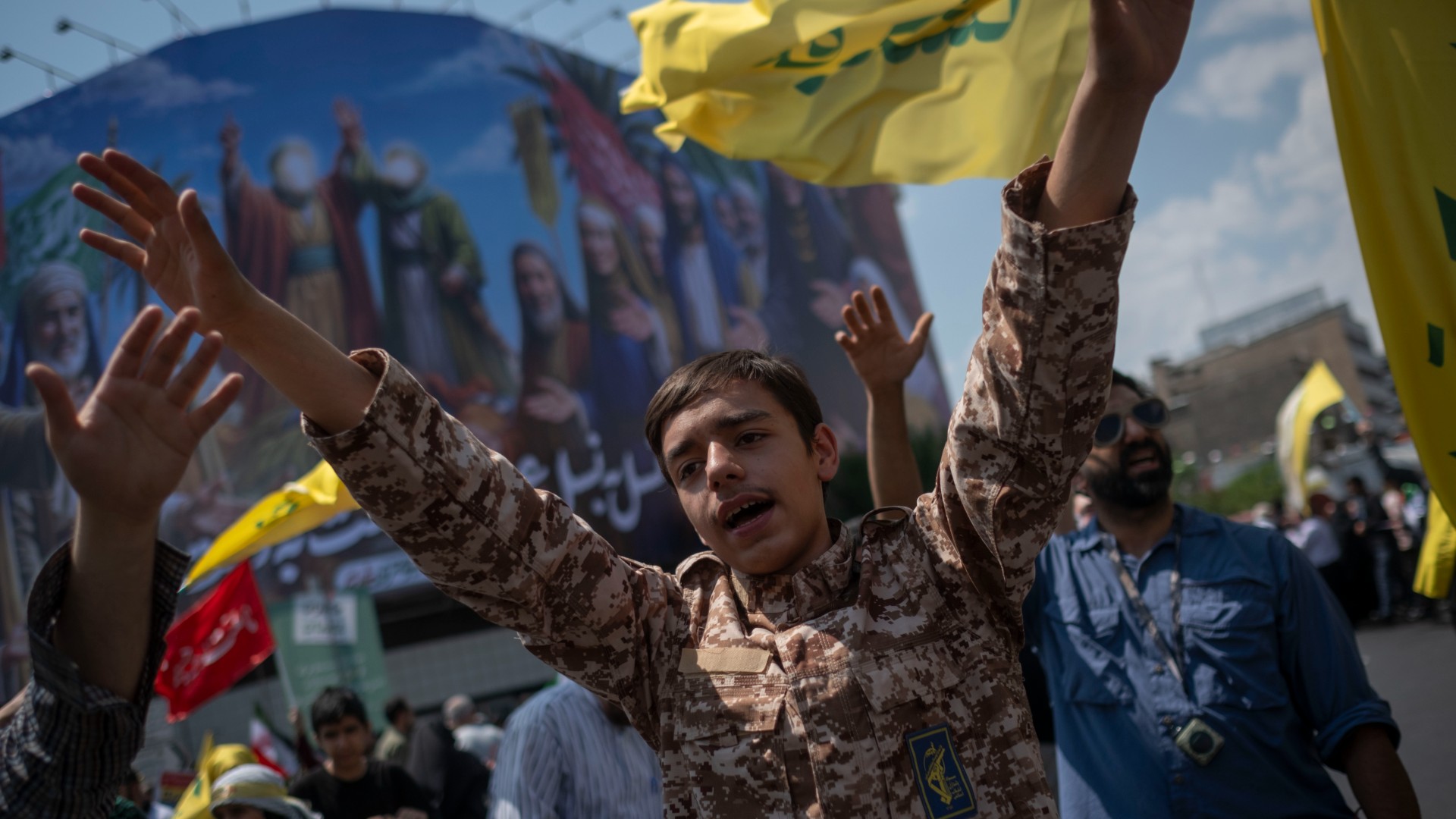Reactions within Iran reveal deep divide after Israeli strikes

As the dust settles from the Israeli bombardment that hit residential areas of Tehran in the early hours of Friday, new videos and photos of the wide-ranging attacks have been shared on local media.
Iranian political figures and analysts are now discussing the consequences of the strikes, their effect on Iran-US nuclear talks, and the possibility of a broader war in the Middle East.
One video, posted by a Tehran resident from a residential tower in the Saadat Abad district, showed one of the floors destroyed.
The resident who recorded the video taunted Iranians who have supported the idea of a foreign attack to bring establishment change: “You who said you were not afraid of war, look at this. You who said war should come and destroy everything.”
Another video shows the scale of the attacks on the city of Tabriz in the northwest of the country. According to government officials, at least 11 provinces were targeted.
New MEE newsletter: Jerusalem Dispatch
Sign up to get the latest insights and analysis on Israel-Palestine, alongside Turkey Unpacked and other MEE newsletters
Unofficial figures from local media report that 78 people were killed and 329 injured in Tehran province alone.
Following the large-scale attacks on residential and military areas in Iran, senior establishment officials, much like in previous incidents, vowed revenge. However, political analysts say these attacks carry greater repercussions than those of the past.
Alam Saleh, an analyst and Lecturer at Australian National University, speaking to BBC Persian from Tehran, called the attack a historic moment that will change the nature of the Iran-Israel conflict.
In Saleh’s view, the wide range of targets hit will push Iran closer to developing nuclear weapons, as it now sees itself in direct confrontation with Israel, a nuclear-armed state.
He also noted that the attack will damage the nuclear negotiations between Iran and the United States more than anything else. He says Tehran hasn't forgotten what happened to Iraq and Libya, which were invaded after giving up their military or nuclear programmes.
“Attacking Iran is not a strange or difficult task. The difficult part is achieving the goals of the attack. Israel claims the goal was to stop Iran’s nuclear programme, which does not seem to have been achieved.”
Internal crises
This view was echoed by establishment officials, who stressed the continued operation of the nuclear programme and the lack of damage to its infrastructure.
Mohammad Eslami, head of the Atomic Energy Organisation, remained defiant in a television interview.
“Our forces are working with more faith, strength, and energy at all nuclear sites. We will stand firm and not retreat for a moment,” Eslami said.
Akbar Salehi, deputy security chief for Isfahan, where the Natanz nuclear site is located, also told local media there were no deaths or injuries during the attack and no atomic contamination at the site.
Despite government officials’ vows to retaliate and their efforts to downplay the impact of the attacks, many experts have highlighted the social and psychological effects.
In an interview with BBC Persian, political analyst Mojtaba Najafi criticised the lack of national unity in Iran in the face of foreign threats. He blamed the establishment’s suppression of the Iranian public’s voice for weakening the country from within.
“One of the reasons Israel dared to attack was Iran’s internal problems,” Najafi said. “Unresolved crises and deep anger have distorted the meaning of nationhood in Iran, allowing a foreign force to attack without fear.”
This sentiment was also seen in some Iranians’ social media posts.
One user on X wrote: “What did you do to the most patriotic people in the world that they now welcome a foreign army to save their country? What did you do to a people whose love and loyalty to their land were once praised by all nations and historians?”
Other users questioned why commanders of the Islamic Revolutionary Guard Corps, who were killed in the attacks, were living in expensive high-rise buildings in wealthy parts of Tehran.
Hafez Fazeli, an Arab-Iranian political activist, wrote on X: “The images of the Israeli attack on Tehran showed something interesting: the underprivileged all live in penthouses! Apparently, we misunderstood the meaning of ‘underprivileged,’” referring to how the establishment leaders present themselves as defenders of the ‘underprivileged.’
middleeasteye.net